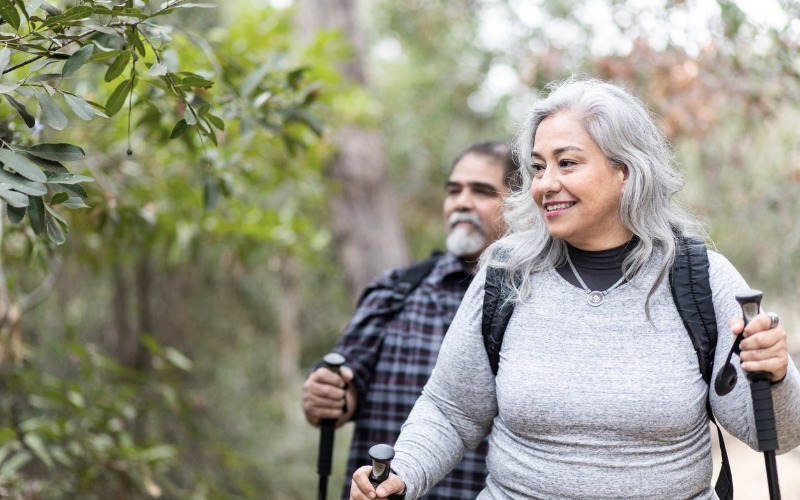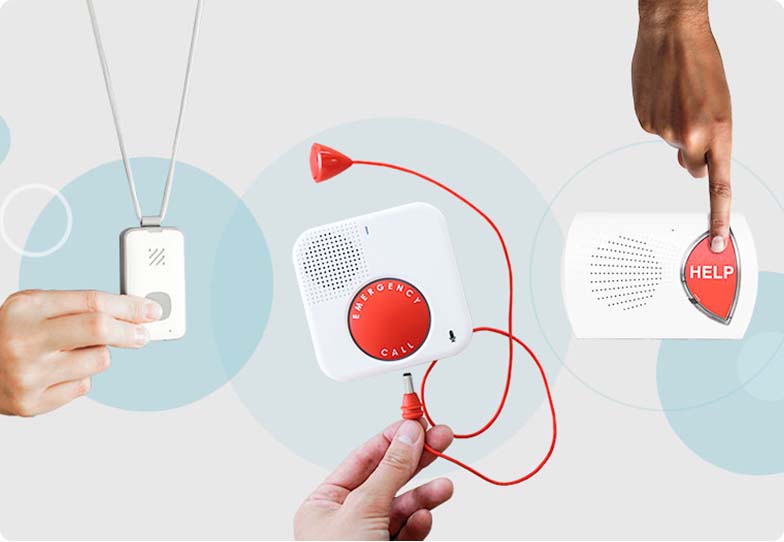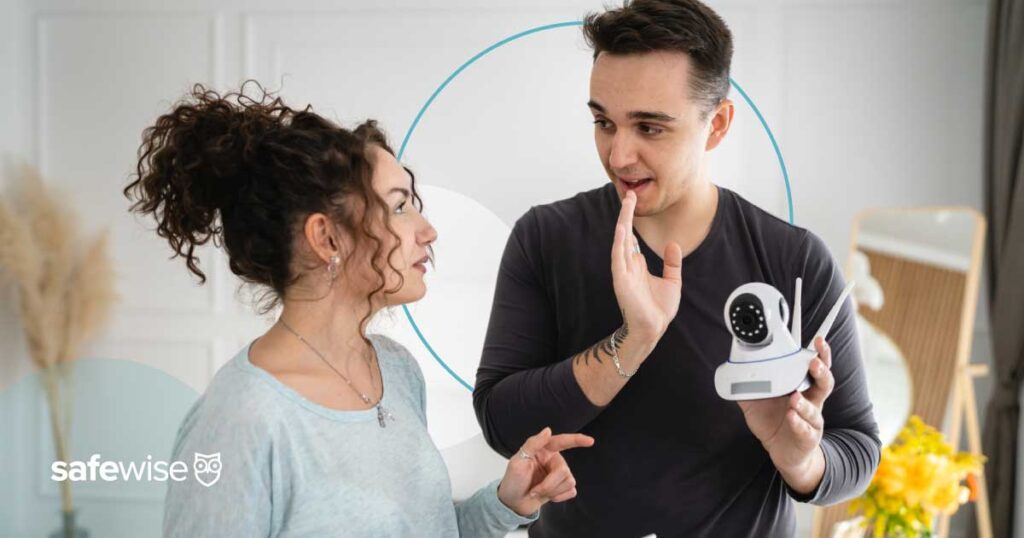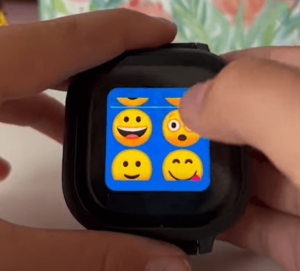Traveling opens your mind and broadens your perspective. It’s also one of the best activities you can do with your kids. But family vacations require a lot of planning—from finding the right location to making sure your kids are happy and safe. No matter where you plan on traveling to next, follow these ten safety tips when you go on vacation with kids.
10 Safety Tips for Taking Your Kids on Vacation
SafeWise experts have years of firsthand experience testing the products we recommend. Learn how we test and review.
By signing up, you agree to our Terms and Conditions and Privacy Policy.
1. Do your research
Every destination has its appeal, but not every place is safe for kids. Before you decide on your next family trip, do some research on the location you want to visit. If you’re going abroad, take a close look at the crime rates in the area and make sure you get the appropriate vaccines. If you’re staying local, it’s still a good idea to do a quick background check on the area for any potential danger.
2. Check your insurance
Not all health insurance companies offer coverage abroad. Read your insurance policy closely, and if you can’t find details about your international coverage, it’s worth giving your insurance provider a call.
You can also purchase supplemental medical insurance. Although no one wants to focus on what could go wrong, it’s always better to be safe when traveling with small kids. If you’re traveling within the country, check if the hospitals nearby take your insurance.
3. Practice safety
As the old adage goes, practice makes perfect. And although you can’t foresee every possible scenario that could go wrong, it’s good to have the basics down. Help your kids prepare for emergencies by practicing what to do. You can advise them to seek the help of another parent with children, stay put until someone finds them, or meet you at a specific spot.
Whatever plan you put in place, go through it with your children a few times so they remember exactly what to do when panic sets in. It’s also good practice to wear noticeable clothing that is easy to spot in a crowd, such as bright colors and distinct patterns.
4. Child proof everything
Young children like exploring—everything. And by child proofing the space where you’re staying, you can let them wander around without worrying about their safety. Taking preventative measures—such as blocking off certain areas with a baby gate and covering outlets—drastically reduces the chance that your little ones will get hurt.
If you don’t want to pack everything with you, call the hotel or the place you’ll be staying to see what options they have for child proofing the room.
And along the lines of keeping your kids safe, if you happen to be traveling with young kids in the car, it’s worth investing in a safe car seat.
5. Track your kids
Kids always find ways to pull disappearing acts. Luckily, with kids’ wearable tracking devices, you’ll know exactly where to find them. Now you can visit busy tourist attractions, crowded theme parks, and more without the constant anxiety of possibly losing your child.
These wearable GPS devices come with a wide range of capabilities so you can decide just how much protection you need. They also come in fun colors and designs, and some even include games, making them more appealing to your kids.
6. Keep kids occupied
Idle hands make mischief. Especially when they’re adorable little kid hands. An easy fix is to keep toys and movies handy when traveling. It’s natural for kids to get antsy and fussy on long trips and layovers, but keeping them occupied can prevent them from getting into trouble.
If you don’t want your kids staring at a screen all day, you can play board games with them or read them a story. This is also a great way to get your kids tired so they can nap—making the trip more enjoyable for everyone.
7. Pack a medical kit
Kids will be kids. And scrapes, falls, and bruises are part of growing up. When you’re traveling with kids, having a medical first aid kit could come in handy. Pack your kit with the essentials such as Band-Aids, disinfectant spray, and ibuprofen.
Depending on where you plan on traveling, you might want to customize what you bring in the kit. Think of your location and the most likely ways your kids might get hurt, and pack ahead of time.
8. Create information cards
Equip your kids with information cards. In the event that you and your kids get separated, these information cards could make all the difference. Include your important numbers, names, where you’re staying, and anything else that’s important.
Some of this information will depend on what kind of vacation you’re on and where you’re staying, so make sure to update them for each trip. Your kids will easily be able to hand these cards to an adult or police officer to help them find you.
9. Have a plan B
Hope for the best and prepare for the worst. This might sound a bit dramatic, but there’s nothing quite as reassuring as having a plan B. And it goes hand in hand with practicing safety. Having an alternative plan is useful when the unexpected happens.
Go over your plan with your kids, and have them recite it back to you so you know they’re always prepared. It might even be helpful to point out where they could run for help, such as a nearby police station or community building, if something does happen.
10. Make a child-friendly itinerary
Find places your kids will enjoy as much as you. Traveling with kids can be a bit of a compromise. They can’t do everything you might want to do, but if you plan ahead and create an itinerary that includes them, you can find places that you’ll both enjoy.
If you have a specific destination in mind, ask the resort or hotel what kind of kids’ activities it offers and what things you should anticipate with a child on the trip before you book.
The more planning you put into your family vacation, the less likely that something will go wrong. As part of your planning, you might also consider your modes of transportation. If you’re driving, take a look at these road trip safety tips, and if you don’t have one, consider packing a car emergency kit.
In general, traveling with your kids requires a bit more research and preparedness, but it’s also incredibly rewarding. Keep these safety tips in mind next time you travel and enjoy watching your kids explore the world.
Share these 10 kids safety tips with friends and family!
Recent Articles




